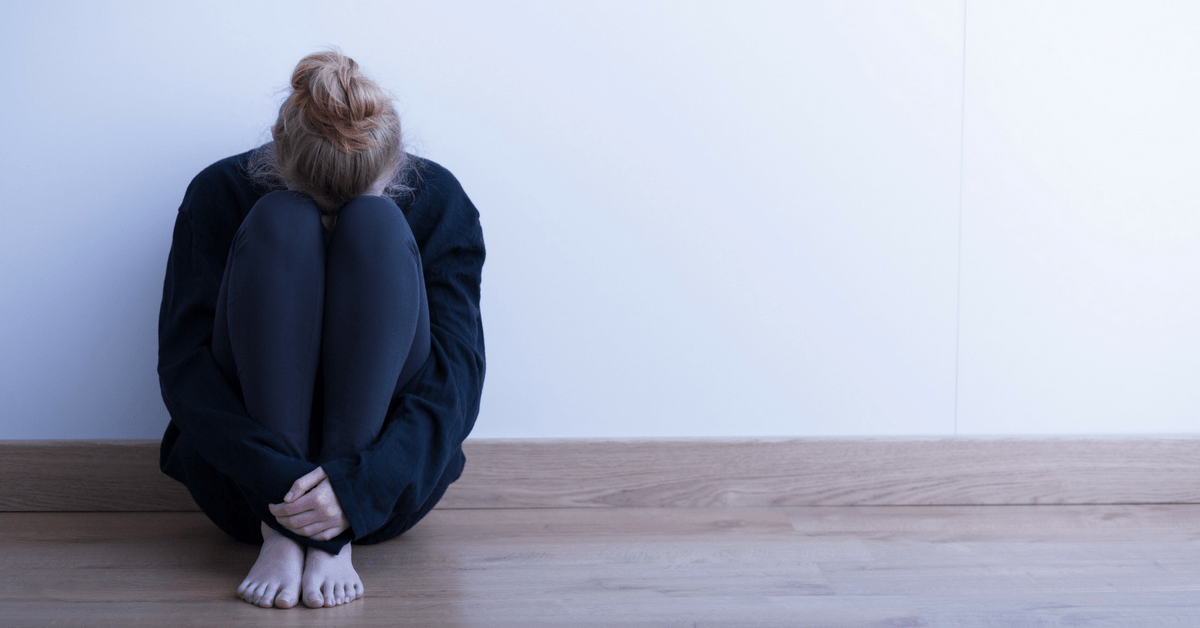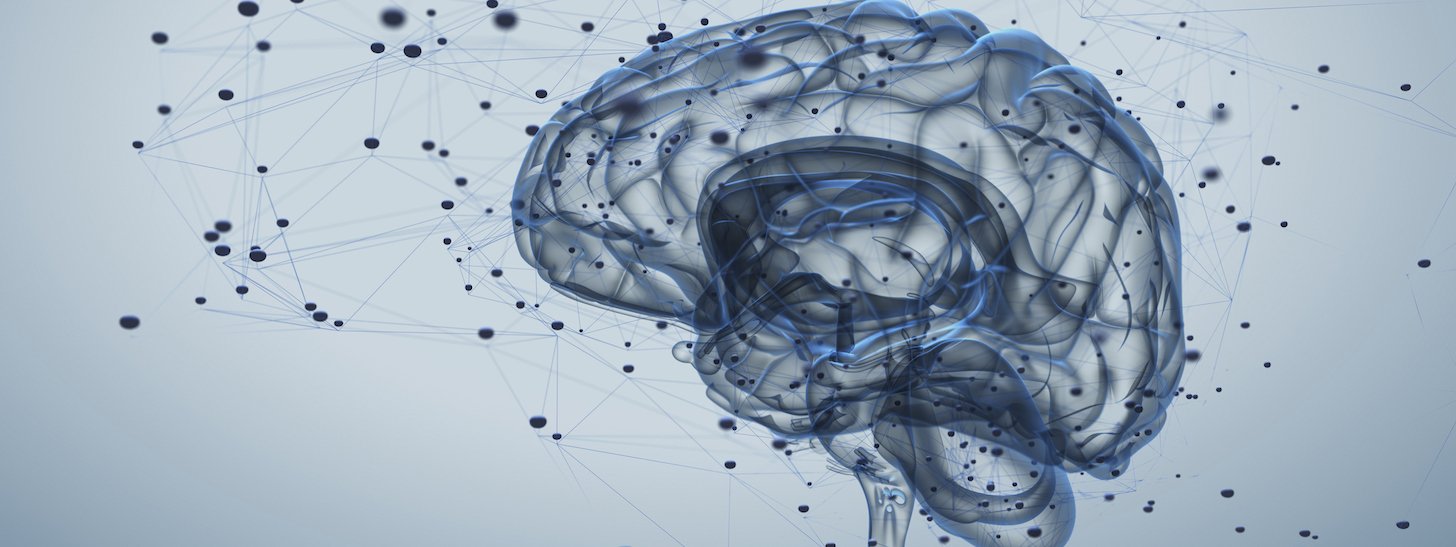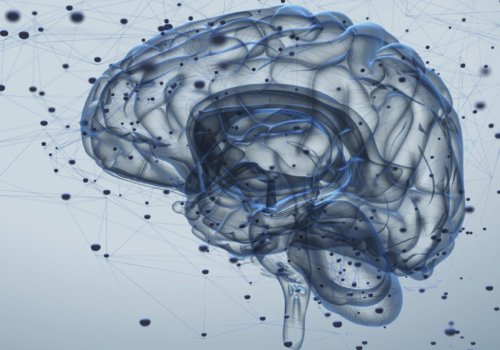
Q&A with Dr. Dawn Buse on Migraine, Depression & Anxiety
Q&A with Dawn Buse, PhD
Dawn Buse, PhD is a licensed clinical psychologist and the director of behavioral medicine at the Montefiore Headache Center, and a professor in the department of neurology at Albert Einstein College of Medicine in New York City. With accomplishments that include two Wolff Awards and 343 scientific abstracts, Dr. Buse has earned a reputation as a fierce advocate for patients with headache and facial pain. We sat down with Dr. Buse at the 59th Annual Scientific Meeting to talk about her work addressing and treating depression and anxiety in migraine patients, and about what the entire medical community must know in order to properly assess and treat these patients.

Understanding the relationship between migraine, depression and anxiety with Dawn Buse, PhD
AHS: What do we know about the relationship between depression and migraine?
DB: Depression and migraine share a common relationship, and one may actually come before the other. That may not mean that one causes the other, but it could be a predisposer. We know that people with migraine are about five times more likely to develop depression than someone without migraine. We also know that someone who has depression is about three times more likely to have migraine later in life than someone without depression.
AHS: What about anxiety and migraine? What’s the relationship there?
DB: Migraine is an unpredictable illness that impacts people’s lives in every dimension, making it common for people who have it to also experience anxiety. They don’t know when the next attack is coming, so of course there’s going to be anxiety over not only that, but what the headache will impact. Is it going to affect work or school? Is it going to affect an important family event or a vacation, or something even bigger? We find that about 20% of people with episodic migraine or migraine on 14 or fewer days a month, and between 30% and 50% of people with chronic migraine, also have anxiety. On top of that, even more people have symptoms of anxiety: The worry over when the will attack come, the feeling of helplessness or hopelessness about their ability to control their lives and make plans, and their feelings of frustration and rumination that come up when just thinking about the many ways migraine affects their life.
AHS: What are some of the misconceptions people have about migraine, depression and anxiety and how they interrelate?
DB: When we talk about migraine, depression and anxiety occurring together, we have to be very careful not to make patients feel like how they’re feeling is their fault. These things co-occur because they share underlying biologic and neurochemical mechanisms. There’s a reason why the nervous system and the brain have these conditions together, and it’s very logical that you’re going to feel sad, down and frustrated when you’re living with a chronic disease like migraine. You’re also going to worry about when the next attack will come, what your future may hold, and how migraine will continue to affect your life. It makes sense that these conditions might travel together, but we can’t blame this person’s illness—and subsequently their depression or anxiety—on weakness.
AHS: Can common migraine medications, either acute or preventative, trigger feelings of depression?
DB: The good news is that the medications that we use for migraine typically don’t trigger or worsen depression. It’s more likely that the migraine attacks themselves and the effect the illness has on your life is what is worsening the depression.
AHS: What do doctors and general practitioners need to know about the relationship between migraine anxiety and depression?
DB: Depression and anxiety are highly comorbid with migraine. They may both be a pre-disposer and a consequence of migraine, or it could be a shared biologic underpinning. It’s valuable to assess and track patients’ levels of depression and anxiety, and the good news is that all three conditions are treatable with effective medication, as well as affective psychological and behavioral treatments.
However, both depression and anxiety may interfere with [migraine] treatment outcomes as they can affect adherence, motivation and may also interact with treatments in various ways. It is absolutely worth assessing depression and anxiety and either treating it or referring for treatment. There is every reason to believe that since they co-occur with migraine at such high rates—since they increase with migraine frequency and severity—that decreasing depression and anxiety may improve migraine outcomes as well. In addition, it will improve a patient’s quality of life and reduce disability.
AHS: How will increased awareness, education and understanding in the medical community help these patients receive better treatment?
DB: Increased awareness that depression and anxiety are common with migraine will help all of us better care for and treat our patients. It’s important to keep in mind that these are common comorbidities and to ask our patients about them. Patients may not volunteer this information because they think it’s not relevant. They may also be embarrassed and stigmatized, making it even less likely that they will willingly divulge this information. If we don’t ask about it, we can’t assess it, document it or treat it. We have to let patients know that these comorbidities are common and that this is a normal experience for people living with a chronic, debilitating disease.
Dr. Buse has a personal website full of resources for both patients and healthcare professionals. For additional headache-specific information and resources, visit the American Headache Society’s website.


